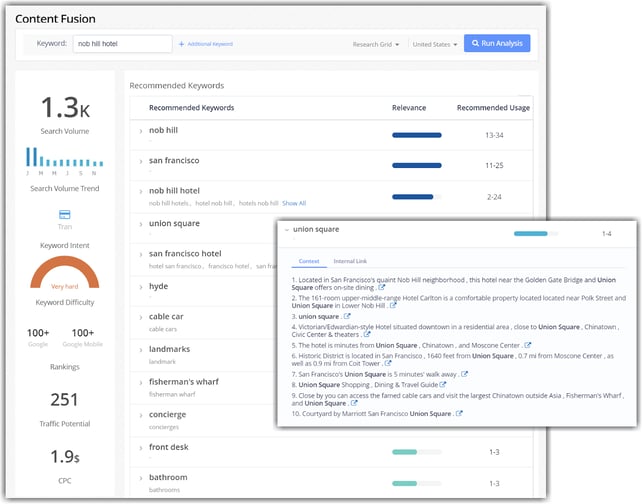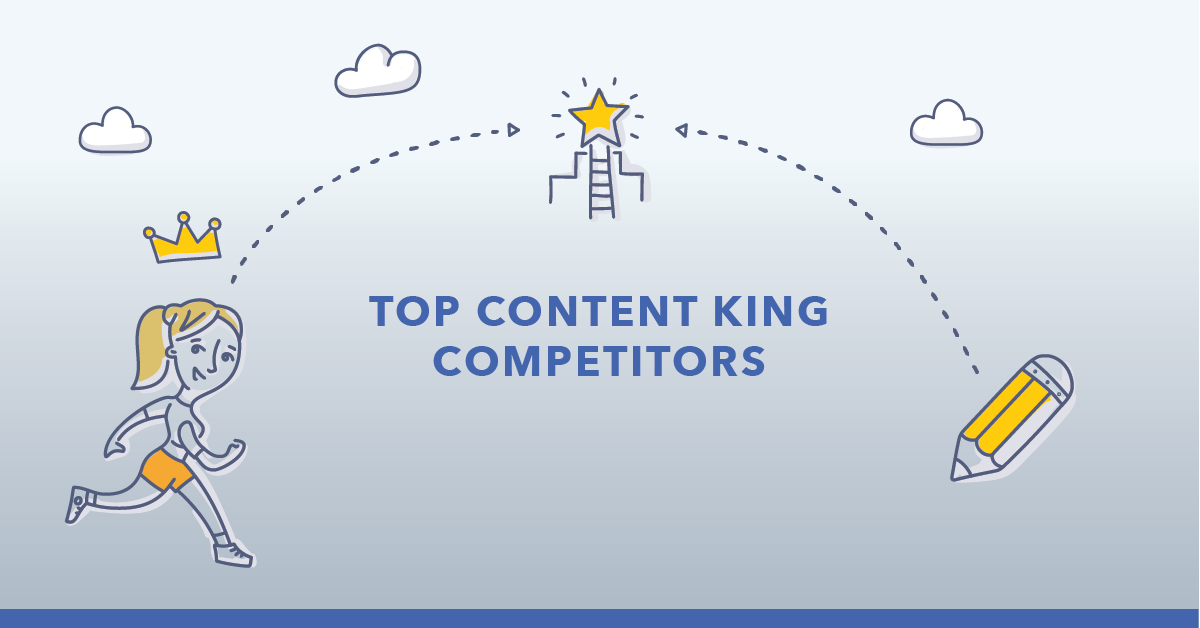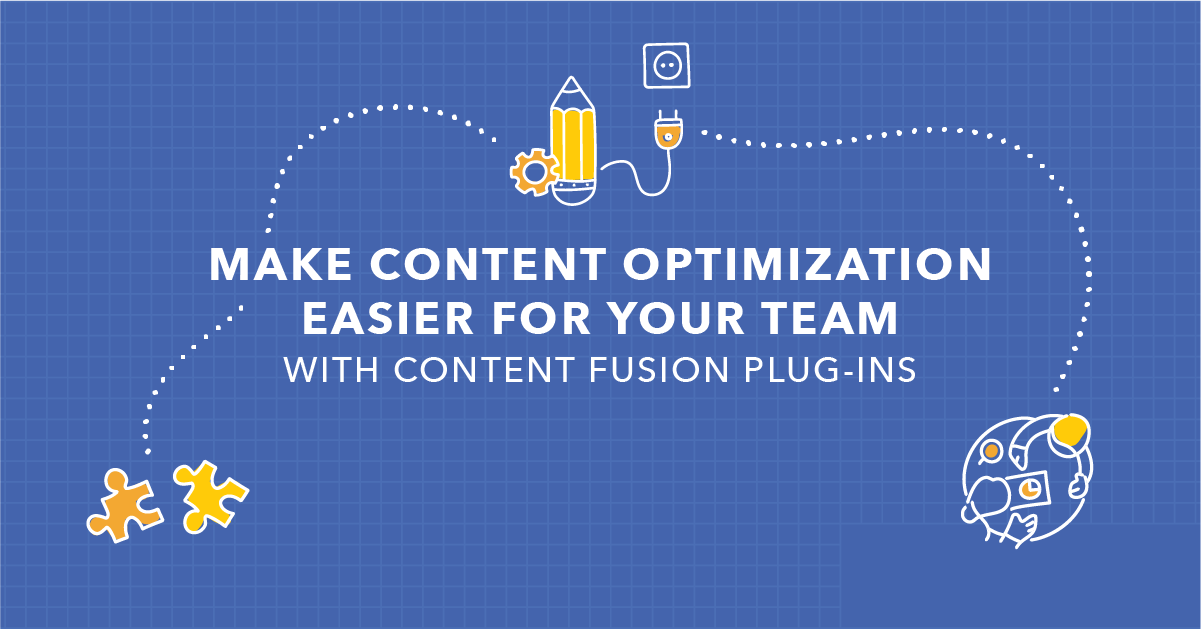Enterprise SEOs often use some type of AI-powered content tool to scale their content creation process.
But with Google’s Helpful Content update, is it still possible to leverage these tools and create content in line with the update?
With this move — which aims to demote low-quality, unoriginal content — Google calls out extensively “automated content.”
So, how can you continue to scale content creation while staying within Google's guidelines?
It all depends on how it uses AI to provide insights, but one thing is for sure: avoid fully auto-generated or auto-summarized content.
4 Reasons to Avoid Automated Content
Automated, or GPT-3, content lacks any contribution from a human. Artificial intelligence is able to generate entire blocks of copy — usually after you input a chosen topic.
Here’s an analogy to better describe GPT-3 content.
Imagine Tom Hanks’ character in the popular Christmas movie “The Polar Express.” The animated character looks like Tom Hanks, but you know that something is still a little off.
This is the "uncanny valley," where something closely appears to be something that it’s not.
That’s what GPT-3 content is like.
Yes, it’s copy, but you know that something is missing: there’s no human element.
Even Sam Altman, the CEO of OpenAI, tweeted that GPT-3 content has some “serious weaknesses.”
The GPT-3 hype is way too much. It's impressive (thanks for the nice compliments!) but it still has serious weaknesses and sometimes makes very silly mistakes. AI is going to change the world, but GPT-3 is just a very early glimpse. We have a lot still to figure out.
— Sam Altman (@sama) July 19, 2020
So, here are four reasons to avoid auto-generated content.
#1. The Helpful Content Update Says To Avoid It
Don’t just take it from us. Google literally says, don’t use content automation as a part of your content creation process.
They pose the question:
Are you using extensive automation to produce content on many topics?”
Full automation doesn’t turn out quality content.
Sure, you can leverage automated content and still edit it and add your expertise, but isn’t that risky? After all, Google’s perspective is simple: don’t do it.
Recommended Reading: Is Full Content Automation Possible?
Rather, quality content comes from equipping your writers with insights that will empower them to write the highest quality, most authoritative content in the shortest amount of time.
This doesn't mean replacing them with algorithmically-generated content.
#2. It's Not Written for Your Users
Valuable content is written by people, for people. Content coming from a machine is working with one goal in mind: generate content for search engine clicks.
It doesn’t have the sophistication to know and resonate with your target audience.
This makes the content search engine-first as opposed to user-first — another factor that Google calls out.
Is the content primarily to attract people from search engines, rather than made for humans?”
— Google Search Central
For our industry, there are a lot of SEO sites out there competing for SEO queries. It’s easy to find 50+ pages on SEO topics like How to Do Keyword Research or The Ultimate Guide to [insert any SEO tactic].
If we were to summarize the top performing content, what value does that give back to a user, and the internet at large, for that matter?
Our goal is to position and approach our content based on our framework (Search Experience Optimization) and address our enterprise SEO audience.
For us, that means creating content that benefits readers that work on complex websites and massive digital teams.
Note: Here’s a helpful template from Aleyda Solis of all the questions to ask yourself about your content, and what that means for your content within Google Helpful Content update.
#3. It Lacks Brand Voice
Your expert writers understand how your brand presents itself through content and messaging. A piece of artificial intelligence doesn't.
So, while AI-generated content can churn out copy, it will be stale and lack the brand voice and tone that your audience trusts and expects from you.
Recommended Reading: How to Get (and Stay) Ahead of Google’s Helpful Content Update
#4. Missing Expertise
Authority and expertise are crucial for content. You’re looking to provide value to your audience, and that comes through being knowledgeable about the topic at hand.
A subject matter expert will be able to out-do and out-write machine learning any day of the week.
ContentBot AI, an AI company, even writes that:
If you expect GPT-3 to replace all of your content needs, you’re going to be highly disappointed.”
Human involvement is needed to make quality, valuable, and relevant content because it brings in a unique perspective.
GPT-3 content generates copy based on what already exists on the internet. It can’t generate anything new — it’s simply a compilation of content.
If you’re aggregating content and repurposing it for your own site, it’s not original. Offer a unique point of view and expertise for your audience.
Your writers have the context of how a topic has been written about on other websites, so they’ll create much better content than GPT-3.
One of seoClarity’s content strategies has long been to meet the content where it is by covering the tactical basics. Then we add our unique angle to the content.
For us, that includes covering the enterprise perspective, or explaining how to scale the SEO tactic.
We ask ourselves: if an SEO Manager for a Fortune 1000 company ended up on this page, how would this apply to their work in a large organization with a complex website?
That way, we can always keep the end user in mind.
But the question remains: you still need to scale content creation, but can you use tech to do so?
How to Leverage Content Assistant Tools and Still Follow Google’s Helpful Content Update
It’s still okay (and recommended) to use content tools to scale your content.
There is a key difference, however, between AI-generated content and AI-driven insights for content writing.
A few months ago, Google’s John Mueller even commented that AI-generated content is against the webmaster guidelines.
AI-Generated Content vs. AI-Driven Insights for Content Writing
So, what’s the difference?
There are a lot of tools with claims of using AI to generate content or recommendations.
One such tool is the AI, GPT-3 method that we saw above. We experimented and researched such approaches for years.
Our Chief Architect, Mitul Gandhi, came to a simple conclusion:
GPT-3 just isn’t good enough and creates content that is low-quality and creates a negative search experience.”
Then there are AI-driven insights that accelerate a writer's knowledge on a given topic and provide recommendations to ensure authoritativeness.
We spent more than five years developing our AI-powered content writing tool, Content Fusion. It provides you with key insights so you can create high-quality, authentic content.
Content Fusion doesn’t try to replace your experts, it makes your experts better, faster.
It generates the insights, you do the writing.

One of the questions we get on demos is "Why doesn't Content Fusion write it for you?" or “Where’s the content writer?”
Well, this Helpful Content update is exactly why!
Content Fusion tells your writers what to go and research — they know the main topics to cover. Then, personal expertise is still worked into the copy.
Plus, it gives you access to competitive data. You’re able to see how other sites cover the same topic, complete with an outline of how those sites structure their content.
From the H1 and H2s to the meta description and title tag, you can see this all at-a-glance right within Content Fusion.
With GPT-3 content, these are insights that you may miss.
Recommended Reading: Content Fusion Success Stories of Increased Search Visibility
How To Evaluate if Your Content is User-First
The best thing you can do is ask yourself if you’ve been prioritizing the end user experience with unique, quality content and a positive site experience.
We put together a list of five reasons why you shouldn’t (or should) worry about the helpful content update. We hope it’s the former!
Recommended Reading: Worried About Google’s Helpful Content Update? Don’t Be If…
Here’s a quick peek at what that list looks like:
- Auto-generated content
- Authoritative content
- Optimize for stickiness
- Topical relevance
- Search experience optimization







Comments
Currently, there are no comments. Be the first to post one!